Addiction Treatment Blog
- What We Treat
- Programs
- Detox Placement
- Animal-Assisted Therapy Program
- Veterans Treatment Program
- Partial Hospitalization Program (PHP)
- Intensive Outpatient Program (IOP)
- Outpatient Program (OP)
- Medication-Assisted Treatment (MAT)
- Dual Diagnosis Treatment
- Faith Based Recovery Program
- Relapse Prevention
- Individual Counseling
- Intervention Service
- Therapies
- About
- Blog
- Contact
- What We Treat
- Programs
- Detox Placement
- Animal-Assisted Therapy Program
- Veterans Treatment Program
- Partial Hospitalization Program (PHP)
- Intensive Outpatient Program (IOP)
- Outpatient Program (OP)
- Medication-Assisted Treatment (MAT)
- Dual Diagnosis Treatment
- Faith Based Recovery Program
- Relapse Prevention
- Individual Counseling
- Intervention Service
- Therapies
- About
- Blog
- Contact
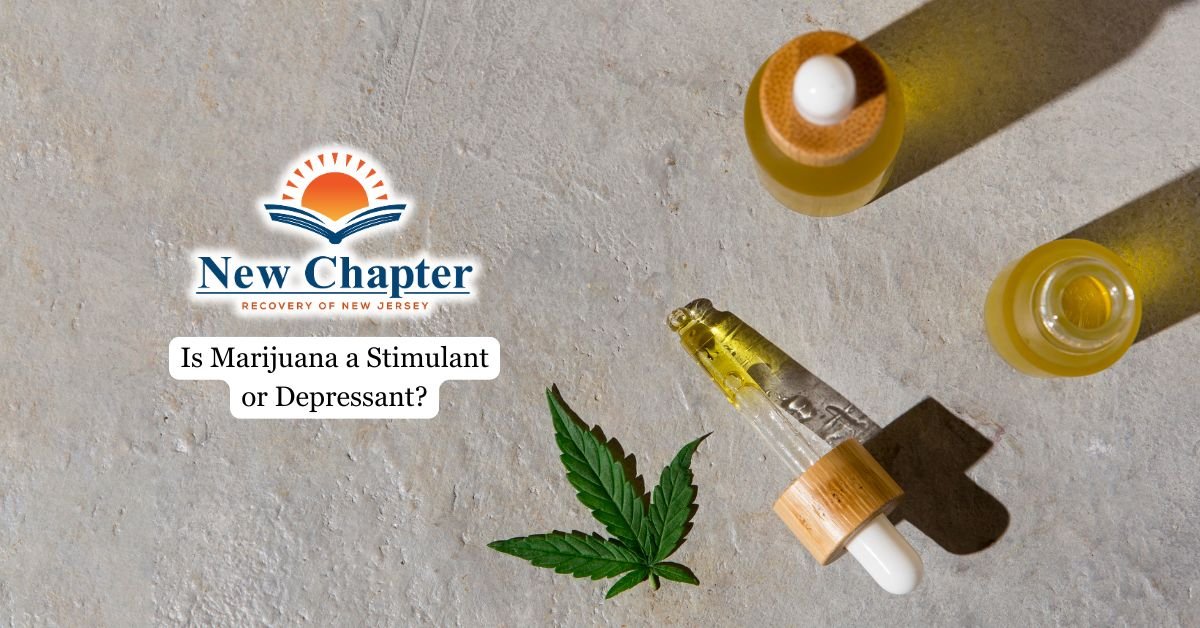
Is Marijuana a Stimulant or Depressant?
Marijuana can act as a depressant, stimulant, or hallucinogen, affecting brain and body function in complex ways. Its effects vary based on strain, dosage, and individual factors, and misuse may lead to psychological dependence or addiction.

Volunteer Ideas for People in Recovery
Volunteering supports long-term addiction recovery by building purpose, structure, and connection. From animal shelters to peer mentorship, discover service roles that heal both the giver and the community.
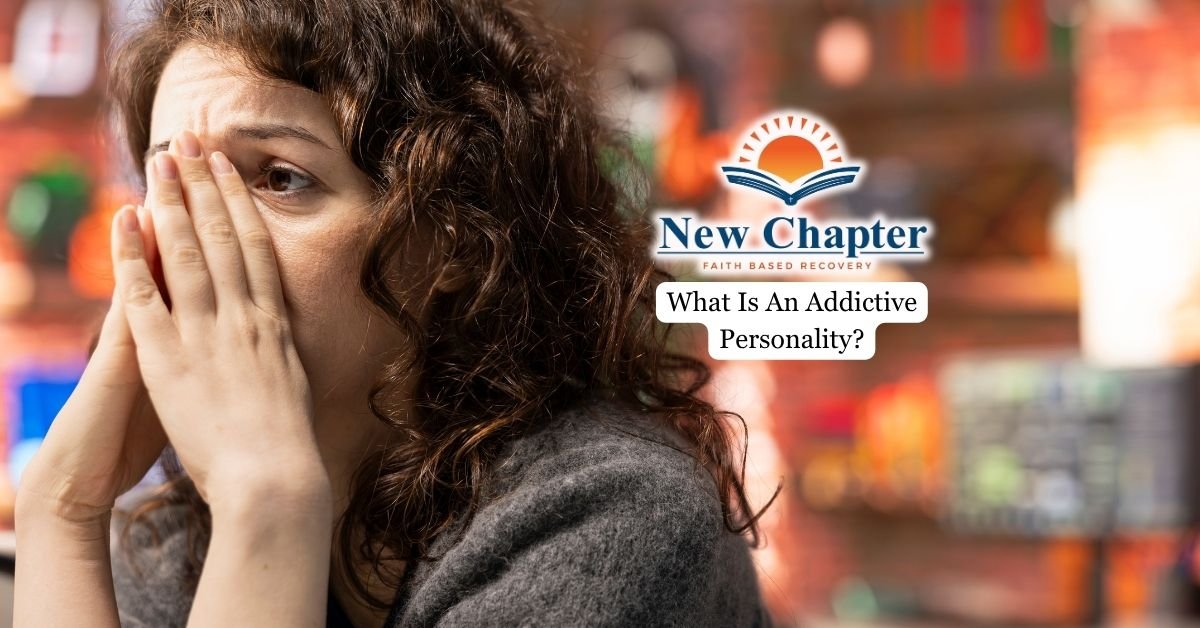
What Is An Addictive Personality?
The idea of an “addictive personality” oversimplifies addiction, which is shaped by genetics, environment, mental health, and personality traits like impulsivity or sensation seeking.
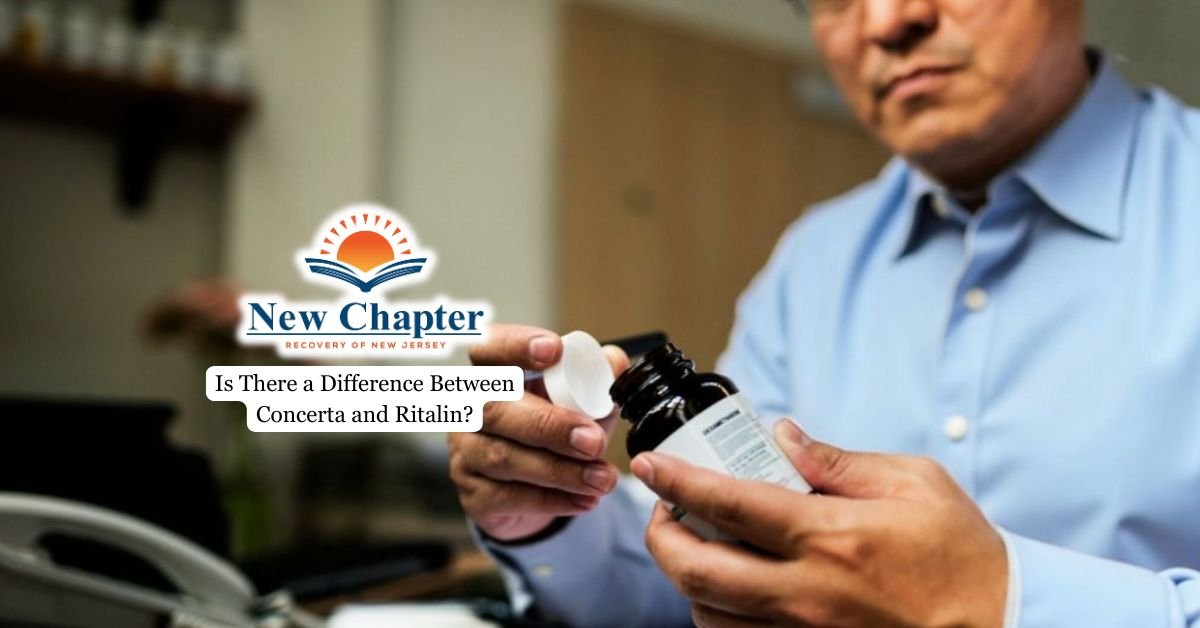
Is There a Difference Between Concerta and Ritalin?
Concerta and Ritalin treat ADHD with the same active ingredient but differ in release duration and dosing. Learn their key differences, risks, and how to choose the right option.
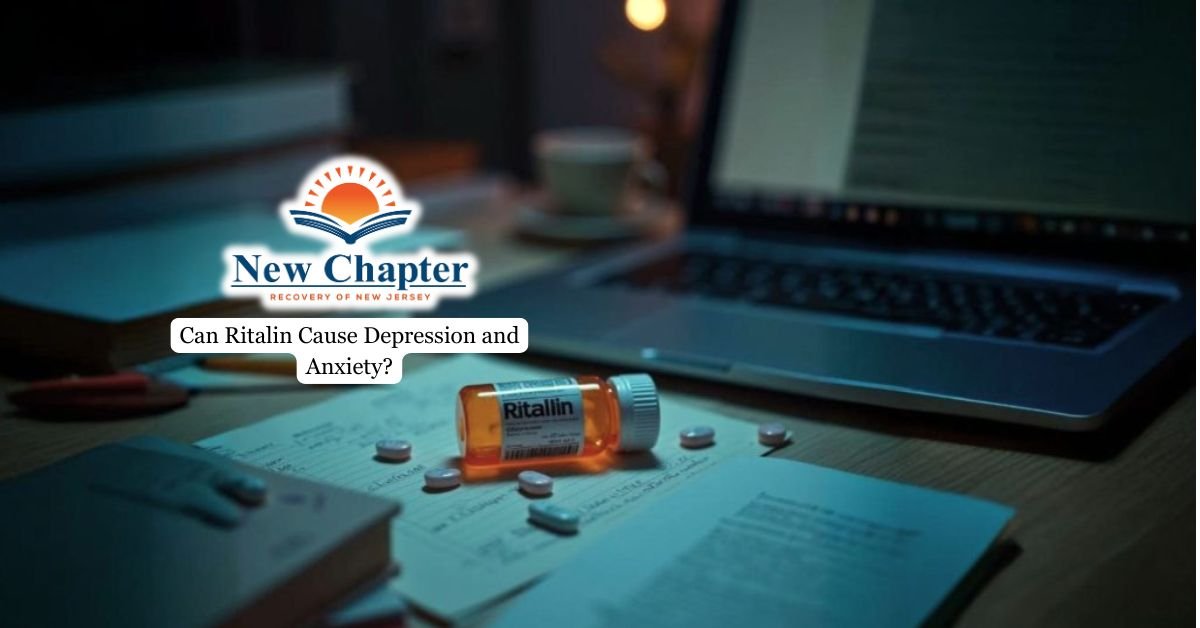
Can Ritalin Cause Depression and Anxiety?
Ritalin helps with ADHD but can impact mental health, sometimes causing depression or anxiety. Its effects on brain chemistry may lead to mood swings, emotional blunting, or increased anxiety, especially in those with pre-existing conditions. Proper monitoring and support are key.

What Does Ritalin Do to a Person Without ADHD?
Misusing Ritalin without ADHD can lead to addiction, mood disorders, and serious health risks. It disrupts brain chemistry, increases heart risks, and causes dependence. Understanding its dangers is key to preventing long-term harm and seeking proper treatment.
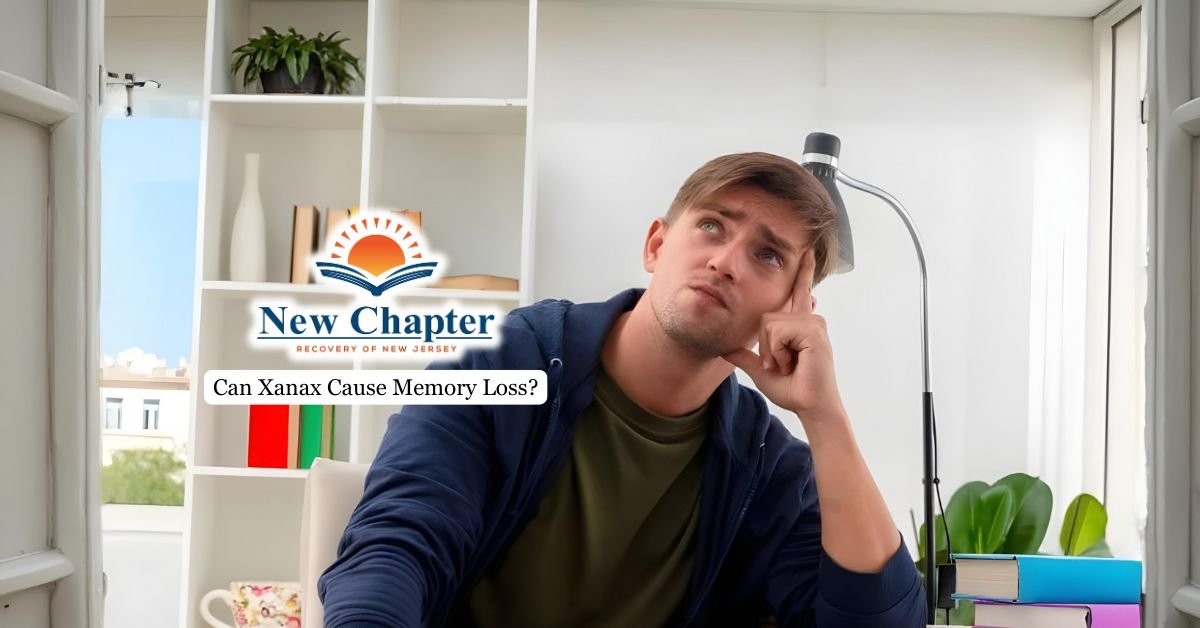
Can Xanax Cause Memory Loss?
Xanax can cause memory loss and cognitive decline, especially with long-term use. Learn how it affects the brain and why professional support is essential.
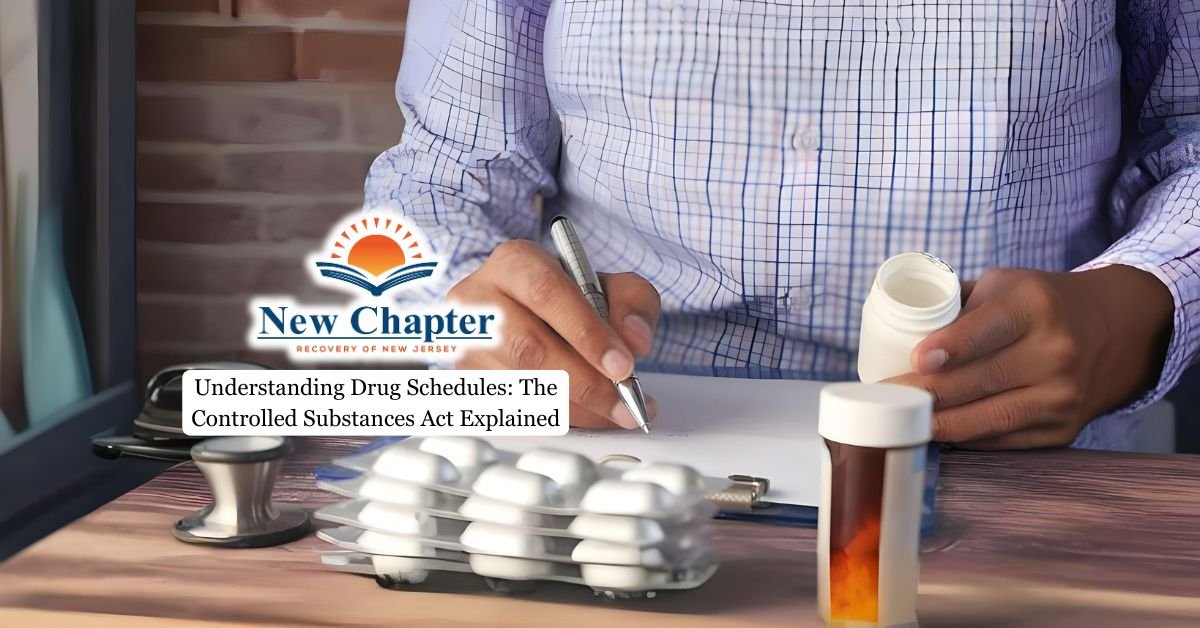
Understanding Drug Schedules: The Controlled Substances Act Explained
Understanding drug schedules is key to safe addiction treatment. Learn how substances are classified under the Controlled Substances Act and why it matters for legality, medical use, and recovery at New Chapter Recovery.
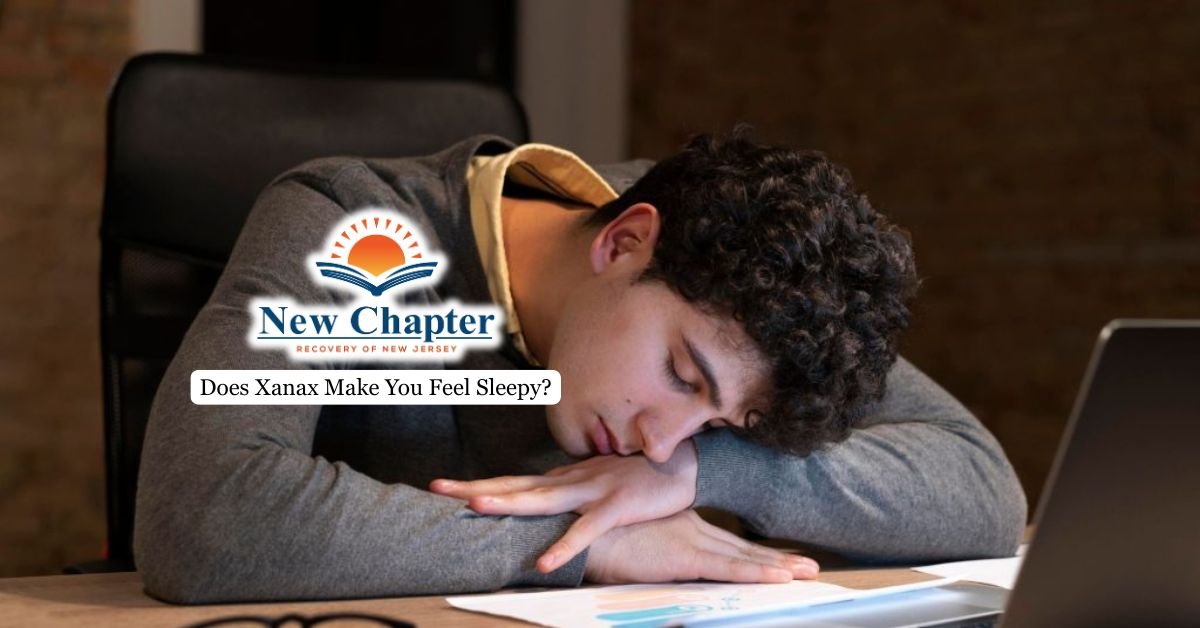
Does Xanax Make You Feel Sleepy?
Xanax (alprazolam) is effective for anxiety but may cause drowsiness and affect sleep quality. While it may help initially, long-term use can lead to dependency, sleep disruption, and withdrawal symptoms. Exploring safer alternatives is crucial for long-term sleep management.

Is Xanax a Controlled Substance?
Xanax can ease anxiety but also carries a risk of dependence and misuse. Learn how it works, why it’s controlled, and what to do if addiction develops.
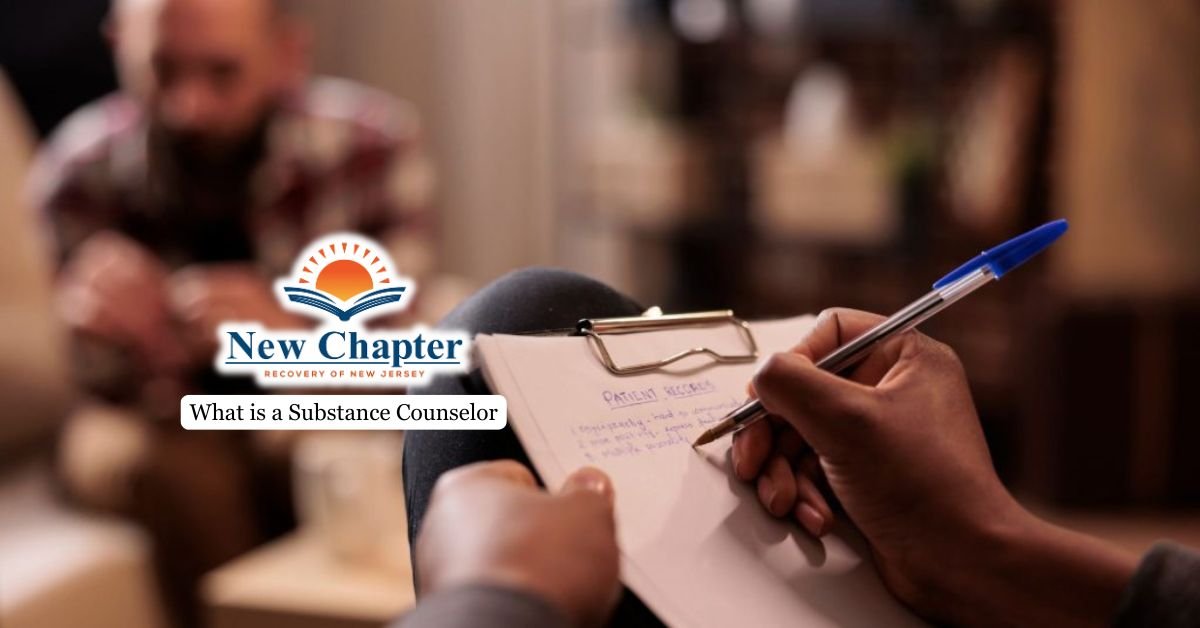
What is a Substance Counselor
Substance abuse counselors guide individuals through recovery with expert support, therapy, and care. They play a vital role in helping clients overcome addiction and rebuild their lives through personalized, evidence-based treatment.

What Will I Talk About in Addiction Counseling?
Addiction counseling provides a safe, structured space to explore triggers, past trauma, and negative thought patterns. It supports personal growth, teaches coping strategies, and builds the foundation for lasting recovery and a healthier future.

Benefits of Family Anonymous Meetings
Families Anonymous offers a supportive space for those affected by a loved one’s addiction. Through shared experiences, guidance, and 12-step principles, members learn to cope, set boundaries, and find strength and healing within a compassionate community.
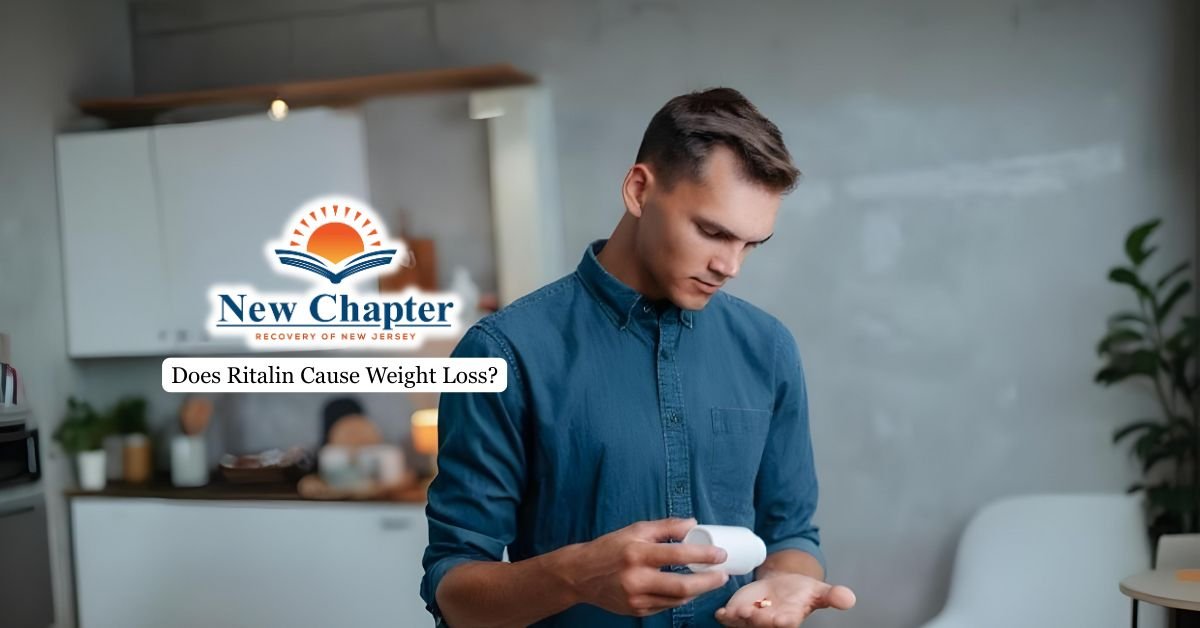
Does Ritalin Cause Weight Loss?
Ritalin, used to treat ADHD, may cause weight loss due to appetite suppression and increased activity. Learn how it works, potential risks of misuse, and why monitoring weight is vital—especially for teens and children.

7 Journaling Prompts for Recovery
Journaling is a powerful tool in addiction recovery, aiding self-reflection, emotional healing, and personal growth. Explore 7 journal prompts to help navigate triggers, fears, and gratitude while fostering resilience on your recovery journey.
Let's Talk
Don’t be afraid to reach out to our professional and passionate team. A caring professional is waiting to be your guide in treating and managing your mental health disorder.
Call Us: (551) 353-2484

